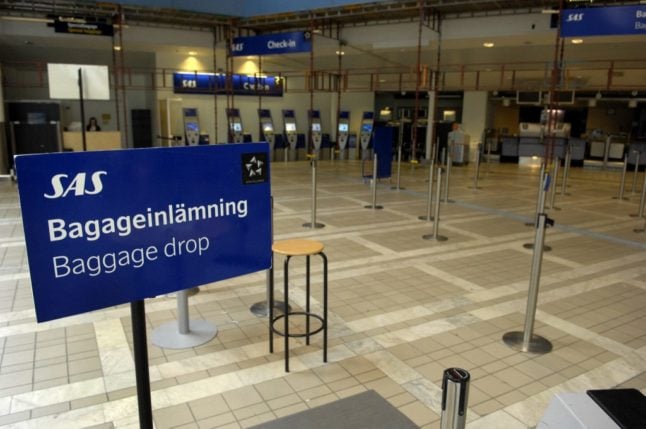On Sunday morning SAS resumed negotiations with pilots in the hope of finding a solution before the extended deadline of midday on Monday. If not, it could mean that as many as a thousand pilots will go on strike.
The pilots are employed by SAS’s parent company, SAS Scandinavia, and have announced strike action because they are not satisfied with their salary and working conditions at SAS.
In addition, the pilots are dissatisfied with the fact that instead of re-employing old SAS pilots, priority is given to hiring new pilots on cheaper agreements in the two subsidiaries SAS Link and SAS Connect.
On Saturday morning, when the parties stated that they would continue the negotiations up until and including Monday at 12 noon, there was hope of being able to land an agreement.
This is according to Keld Bækkelund Hansen, head of negotiations at Dansk Metal, who is involved in the negotiations on behalf of the pilots. “The aviation industry is complicated, and therefore we need extra time to get it to the finish line,” he told TV 2. “We will do everything to ensure that we get a breakthrough.”
If the parties do not succeed in landing an agreement before the midday deadline on Monday, then there is an opportunity to choose to postpone the deadline again and continue the negotiations, something that has already happened three times in the last week.
READ ALSO: Direct talks raise hopes SAS strike can be avoided
Another possibility is that the pilots choose to strike. This will mean that a significant part of SAS’s flights will be affected by delays or cancellations.
However, pilots in SAS Link and SAS Connect are not part of the strike notice and will continue their work. SAS will, therefore, be able to continue flights.



 Please whitelist us to continue reading.
Please whitelist us to continue reading.
Member comments